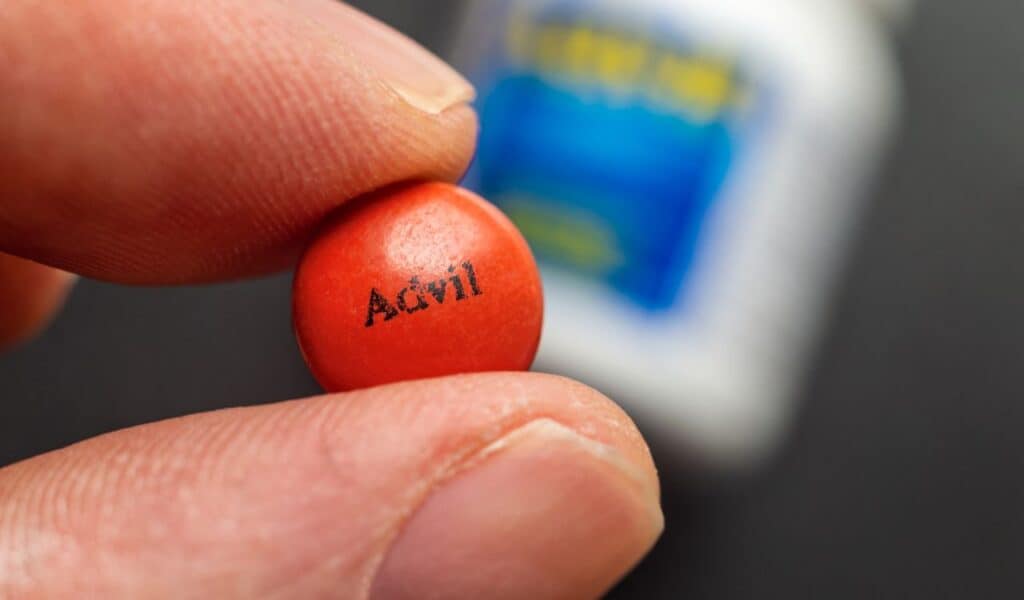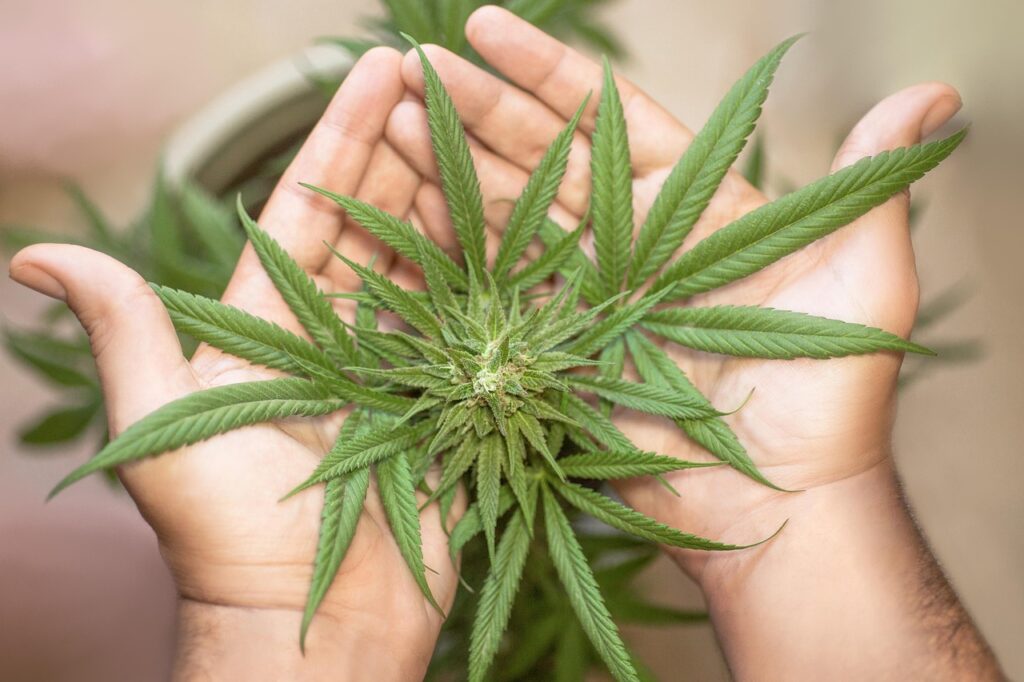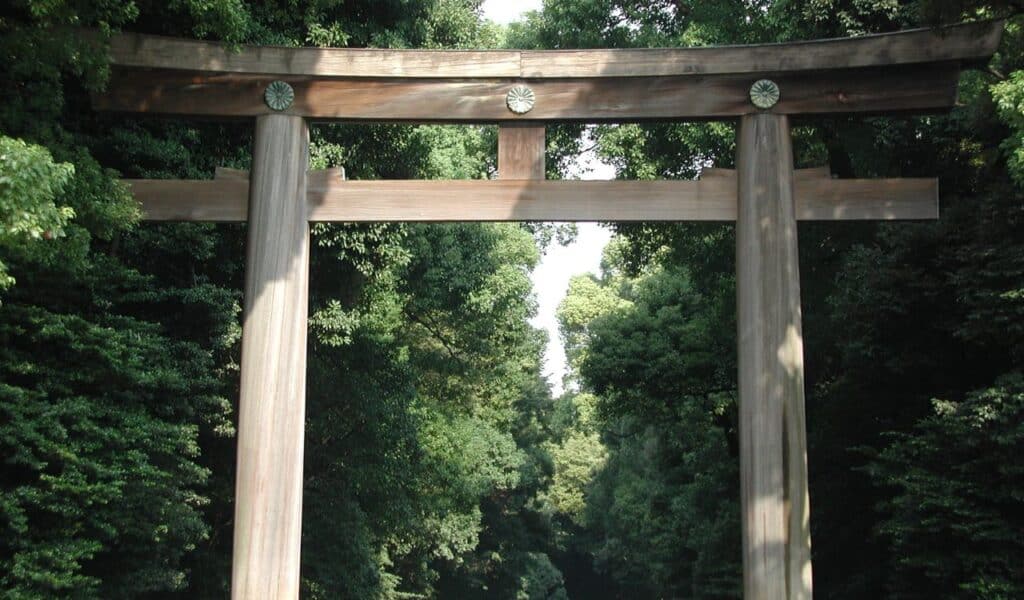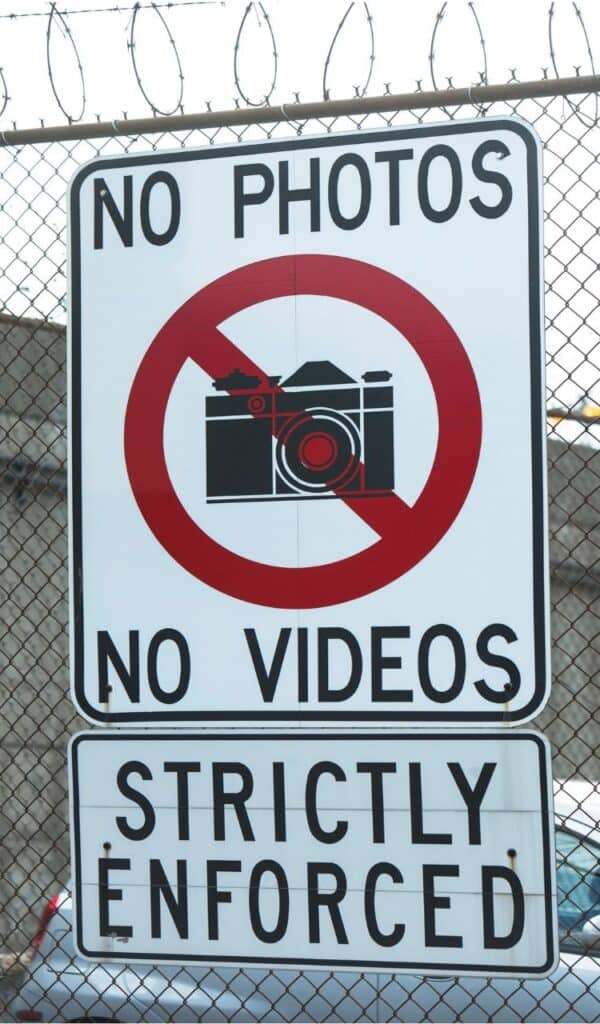We may earn money or products from the companies mentioned in this post. This means if you click on the link and purchase the item, I will receive a small commission at no extra cost to you ... you're just helping re-supply our family's travel fund.

American tourists are being arrested at Japanese customs for carrying items that are perfectly legal in the United States, and the penalties are destroying vacations and reputations. Japan has dramatically increased enforcement of its strictest laws in 2025, catching thousands of unsuspecting travelers who had no idea these violations could land them in detention for weeks. Here are 9 unusual Japanese laws catching U.S. tourists at customs.
1. Cold Medicine Landed Travelers in Japanese Detention for Days

That innocent Sudafed in your carry-on could turn your dream vacation into a nightmare costing thousands in legal fees. Over-the-counter U.S. medications containing pseudoephedrine or codeine, including Sudafed, Tylenol with codeine, Vicks inhalers, and Actifed, are strictly banned in Japan because these ingredients are classified as controlled substances used in illegal drug manufacturing. Japanese customs officials confiscate these immediately, and multiple American travelers have been detained for three to five days for possessing what they considered basic cold remedies. The penalty isn’t just losing your medication; it means missing your vacation entirely while being questioned by authorities who show zero tolerance for these violations.
2. Japan Arrests Americans for Weed They Smoked Legally at Home

Here’s the most controversial twist catching Americans completely off guard: Japan’s new 2024 cannabis law means you can be arrested even if you didn’t bring marijuana into the country at all. Japanese police can now test tourists for THC during routine checks, and if you test positive, even from legally consuming cannabis in California, Colorado, or Washington weeks before your trip, you face up to seven years in prison. Foreign tourists have already been detained under this new law during what seemed like routine police interactions. This extraterritorial enforcement means Japan is literally punishing Americans for activities that were completely legal in their home states, making it one of the most controversial travel restrictions anywhere in the developed world.
3. American Tourist Faces Years in Prison for Carving Initials at Sacred Shrine

In November 2024, 65-year-old American tourist Steve Lee Hayes made international headlines and became a cautionary tale when he was arrested for using his fingernails to carve his family’s initials into a sacred torii gate at Tokyo’s Meiji Shrine, one of Japan’s most revered cultural sites. What might seem like a thoughtless five-second souvenir moment resulted in property damage charges, intense public outrage across Japan, potential years of imprisonment, and tens of thousands in legal fees. Japanese law enforcement takes defacement of cultural and religious sites more seriously than most violent crimes in the U.S., reflecting the deep cultural respect for historical preservation that Americans often underestimate.
4. ADHD Medications Mean Immediate Arrest and Deportation

If you take Adderall, Vyvanse, or any other stimulant-based ADHD medication, Japan simply isn’t a destination option for you under any circumstances. All amphetamine medications are completely illegal in Japan with absolutely zero exceptions, even with a valid U.S. prescription, detailed medical documentation, or desperate pleas about medical necessity. This law exists because Japan classifies these stimulants alongside methamphetamine, maintaining one of the world’s strictest drug policies that makes no distinction for legitimate medical use. American tourists have been arrested at customs, detained for weeks in harsh conditions with limited consular access, and immediately deported with permanent travel bans. Japanese authorities don’t make humanitarian exceptions, and multiple Americans have lost their jobs after extended detentions.
5. Forgetting One Bullet in Your Bag Means Years in Japanese Prison

Multiple American tourists have been arrested at Japanese airports after TSA-approved gun cases in their checked luggage triggered alarms, leading to serious criminal charges and months of legal battles. Japan maintains some of the world’s strictest gun control laws, even police officers rarely carry firearms, and bringing guns, ammunition, or even pocket knives means immediate arrest and years of imprisonment regardless of your U.S. concealed carry permit, hunting license, or Second Amendment rights. Even forgetting a single bullet in your bag from a previous hunting trip can result in six months of detention, criminal prosecution costing $50,000 or more, and permanent criminal records. Japan recorded only one gun death in 2021, and authorities protect this exceptional safety record more aggressively than any other law.
6. Prescription Medications Get Seized Without This Obscure Permit

Even if your medication is technically allowed in Japan, exceeding a two-month supply triggers strict import regulations that blindside most tourists planning extended stays. Travelers must obtain an official import certificate called a Yunyu Kakunin-sho at least two weeks before travel, or customs will permanently confiscate everything, even legitimate, life-saving prescriptions like insulin or heart medication. This law was implemented to prevent pharmaceutical smuggling, but it regularly devastates chronic illness patients who simply packed three months of medication for a long vacation. The application process is lengthy, requires notarized medical documentation, and many travelers only discover this buried requirement after their medications are permanently seized at the airport with absolutely no recourse, refund, or emergency exceptions.
7. Your Leftover Airport Burger Gets You Detained at Customs

That leftover beef jerky, ham sandwich from your connecting flight, or vacuum-sealed sausage you packed as a gift? All confiscated and potentially grounds for detention and fines. Japan completely bans all meat products from abroad, whether raw, cooked, processed, or packaged, to prevent agricultural diseases like foot-and-mouth disease and African swine fever from entering the country. Agricultural inspectors use advanced scanning technology that detects even traces of meat, and they’re extremely thorough during every single baggage check. What seems like a completely harmless snack to Americans is treated as a serious customs violation in Japan, with penalties ranging from confiscation to detention and fines up to several thousand dollars depending on the quantity discovered hidden in your luggage.
8. Tourist Deported for Taking This “Innocent” Street Photo

Japan’s nuisance prevention ordinances make unauthorized photography a serious criminal offense that lands unsuspecting American tourists in legal trouble far more often than you’d expect. Taking photos or videos of people without explicit verbal consent, especially on trains, in shopping districts, near schools, or any situation that could be perceived as invasive, results in immediate arrest, criminal charges, and deportation. Even street photography that would be perfectly acceptable under U.S. First Amendment protections can land you in police custody if anyone feels violated, uncomfortable, or claims you invaded their privacy. Japanese police aggressively enforce these privacy laws with minimal investigation, and multiple American tourists have been detained for photography they genuinely thought was harmless tourist snapshots, only to face deportation and lifetime travel bans.
9. That Apple in Your Bag Could Cost You Thousands in Fines

That apple you grabbed for the plane, fresh oranges as a gift for your Japanese host family, or bag of grapes for a healthy snack? Don’t bring any of them into Japan under any circumstances or risk serious legal consequences. All fresh fruits and vegetables from abroad are completely banned to prevent agricultural contamination, invasive species, and plant diseases from entering Japan’s carefully protected farming ecosystem that generates billions annually. Even small amounts carefully hidden in luggage trigger confiscation, substantial fines starting at $1,000, and potential legal action including detention for repeat offenders. Japanese customs uses the world’s most advanced X-ray scanning technology specifically designed to detect organic materials, and agricultural violations are treated with shocking severity for something Americans see as completely harmless.